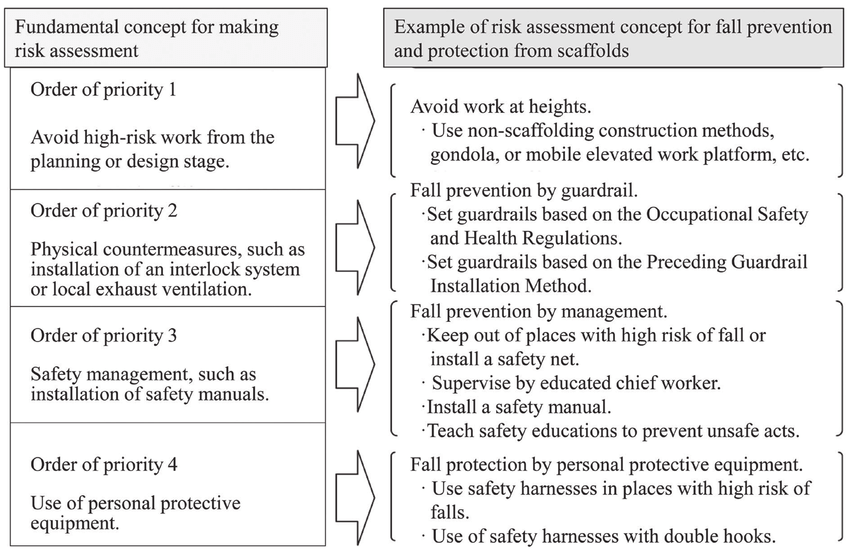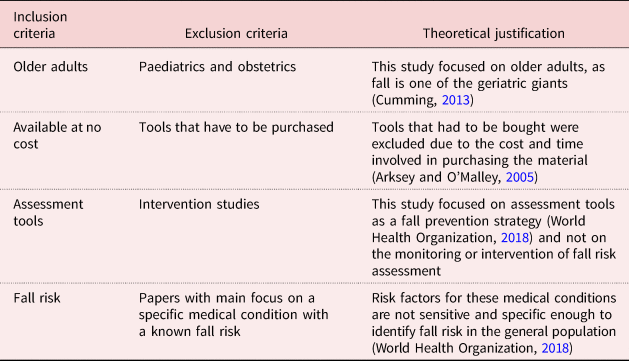The smart Trick of Dementia Fall Risk That Nobody is Talking About
Table of ContentsThe Dementia Fall Risk IdeasThe Basic Principles Of Dementia Fall Risk 8 Simple Techniques For Dementia Fall RiskHow Dementia Fall Risk can Save You Time, Stress, and Money.5 Simple Techniques For Dementia Fall Risk
You may be nervous since you've had an autumn before or since you have actually observed you're beginning to really feel unstable on your feet. You may have observed modifications to your health and wellness, or simply really feel like you're reducing down a little. Whatever the factor, it isn't unusual to end up being mindful and shed confidence, and this can quit you doing the things you utilized to do and make you really feel a lot more isolated.If you have actually had a loss or you've begun to feel unsteady, tell your doctor also if you really feel great otherwise. Your physician can inspect your balance and the way you stroll to see if renovations can be made. They might have the ability to refer you for a falls risk evaluation or to the falls prevention solution.
This details can be acquired with interviews with the person, their caretakers, and an evaluation of their medical records. Begin by asking the specific regarding their history of falls, consisting of the regularity and scenarios of any recent drops. Dementia Fall Risk. Inquire regarding any type of wheelchair issues they may experience, such as unstable or problem walking
Conduct a complete evaluation of the individual's drugs, paying specific attention to those recognized to boost the risk of drops, such as sedatives or medications that reduced blood pressure. Determine if they are taking numerous medications or if there have actually been recent modifications in their medication program. Evaluate the person's home environment for possible risks that could boost the risk of drops, such as bad lights, loose rugs, or absence of grab bars in the restroom.
What Does Dementia Fall Risk Mean?
Guide the individual via the fall danger analysis form, describing each inquiry and videotaping their responses properly. Make certain that the individual recognizes the objective of the assessment and feels comfy providing truthful responses. Compute the overall danger rating based upon the responses offered in the assessment form. Identify the individual's danger classification (reduced, tool, or high) based on the complete rating and the existence of automated risky status elements.
Consistently monitor the person's development and reassess their risk of falls as required. Provide recurring education and learning and assistance to promote safety and lower the threat of falls in their day-to-day living activities.
Lots of research studies have actually revealed that physical treatment can help to decrease the threat of falling in adults ages 65 and older. In a brand-new research study (that considered falls threat in ladies ages 80 and older), researchers computed the economic influence of selecting physical therapy to protect against falls, and they discovered that doing so saves $2,144, consisting of all the covert prices of your time, pain, missed out on life events, and the dollars paid for solutions.
Everything about Dementia Fall Risk
Evaluating your equilibrium, stamina, and walking capability. A home safety and security analysis. Based on the examination results, your physical specialist will certainly make a strategy that is customized to your certain demands.
Older grownups that have difficulty strolling and chatting at the very same time are at a higher risk of falling. Dementia Fall Risk. To assist boost your safety and security throughout day-to-day tasks, your physical specialist might design a training program that will challenge you to maintain standing and strolling while you do one more task. Examples include walking or standing while counting see here backwards, having a conversation, or bring a bag of groceries
Your physical therapist likewise can identify which activities you should prevent to remain risk-free. Community-based drops avoidance programs help individuals to: Reduce their worry of falling. Set goals for enhancing their exercise. Make their homes safer. Exercise more to increase their toughness and equilibrium. These programs commonly are led by volunteer trains.
A Biased View of Dementia Fall Risk

Measles, or rubeola, is a very contagious, acute viral contagious disease brought on by the measles infection. Some individuals think about measles as simply a breakout and fever that clears in a couple of days; nonetheless, measles can create severe wellness difficulties, specifically in youngsters more youthful than 5-years-old. The best security versus measles is the measles, mumps, and rubella (MMR) injection.
Autumns are a typical source of injury amongst older adults. According to the CDC, in one year alone, fall-related injuries contributed to over $50 billion in medical costs (Dementia Fall Risk). In medical facility settings, older grownups are at particularly high threat of drops since their decreased movement from being confined to an area or bed.
A Biased View of Dementia Fall Risk

She has a case history of seizure problem and high blood pressure. She is getting an IV infusion and taking Gabapentin and Lasix. She has no background of drops, her gait is steady, and she nullifies without problems. The previous registered nurse states that she calls for aid to the washroom when she needs to go.
Instances of common loss interventions/measures consist of: Guaranteeing a person's necessary products are within reach. Placing the person's bed rails up with the alarm system on. Aiding a patient while they're rising from bed. Past comprehending just how to use the Johns Hopkins Fall Danger Assessment Tool, it is essential that facilities incorporate its usage into a more extensive fall prevention plan.